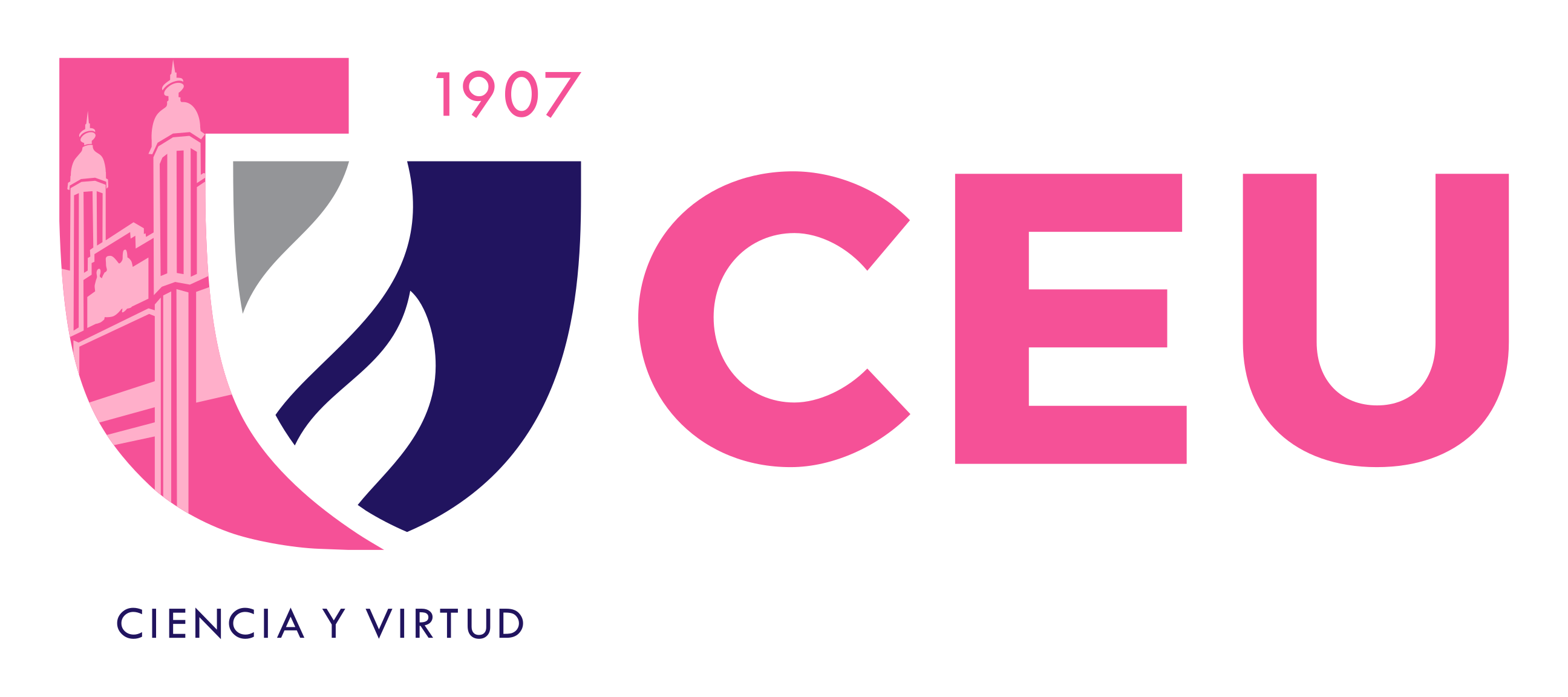Colleges & Departments
Graduate School
Distinct Features
- Research and Development
The CEU Research and Development Foundation is a non-stock, non-profit corporation organized under the laws of the Philippines, funding worthwhile theses, dissertations, and research studies of CEU Graduate School faculty and students. - Graduate School Publication
Aptly called Graduate and Faculty Studies, it aims to provide an appropriate medium for announcing the results of research studies completed by CEU faculty members and students of the Graduate School. - Professorial Chairs
The Professorial Chairs of the CEU Graduate School are Concepcion A. Aguila in Teacher Education, Pilar Hidalgo Lim in Family Studies, Carmen de Luna in Philippine Culture and Philippine Studies, Carmen Guevarra in Culture of the Lowland Filipinos, Dionisio C. Tiongco in Educational Management, Dr. Chin Shen-Hsiung in Science and Technology, Concepcion A. Aguila in Optometry Education, and Pilar H. Lim in Nursing Administration.
Academic Programs
- Master in Business Administration
- Thesis
- Non Thesis
- Total Quality Management
- Master of Science in Psychology
MASTER IN BUSINESS ADMINISTRATION
PROGRAM OUTCOMES
Upon completion of the degree, graduates are expected to be able to:
- utilize qualitative and quantitative methods and integrate tools, techniques, and concepts from the different functional areas to analyze and solve business problems and cases;
- demonstrate professionalism, self-awareness, leadership, effective communication, and entrepreneurial skills in the performance of their day to day activities;
- incorporate diversity and multicultural perspectives in the assessment of global opportunities and challenges for business growth;
- address and apply ethical values in business operations and decisions;
- assess the business environment and opportunities and implement strategies that can help maximize investors’ returns on their investments;
- identify problems, define objectives, analyze risks and alternatives through the use of qualitative and quantitative methods of solving business problems;
- apply leadership, communication, decision making, and entrepreneurial skills appropriate for various business situations;
- demonstrate awareness of economic, environmental, political, legal, and regulatory contexts of global business practice; and
- understand, analyze and apply corporate social responsibilities to the different sectors of the society such as the government, clients, environment, suppliers, and investors.
EMPLOYMENT OPPORTUNITIES
- Account Executive
- Public Relations Manager
- Entrepreneur
- Marketing Consultant
- Product Manager
- Advertising Manager
- Sales Manager
- Marketing Manager
- Educator
MASTER OF SCIENCE IN PSYCHOLOGY
PROGRAM OUTCOMES
The graduates of Master of Science in Psychology should be able to:
- demonstrate literacy in the application and critical evaluation of theories, principles, concepts, and new information in psychology;
- apply the advanced methods of psychological inquiry in creating approaches to problem-solving in research and in professional practice;
- value professional and ethical behavior in the conduct of psychological research and practice;
- conduct an effective psychological assessment, psychological intervention, and program development in various community and professional settings;
- exhibit interest in acquiring advanced knowledge and skills for personal and professional growth;
- express effectively the utilized psychological theories, principles, and concepts toward building knowledge on local culture and context; and,
- exhibit self-reflection skills to develop empathic and effective communication that promotes the harmonious interpersonal relationship.
EMPLOYMENT OPPORTUNITIES
- Industrial/school psychologist
- Employment counselor
- Human resources analyst/manager
- Parole officer
- Psychology program manager
- Rehabilitation specialist
- Behavior analyst
- Mental health project coordinator
- Childcare supervisor
- Researcher
- Employee trainer
- Public relations representative
Deans and Academic Heads
- Dr. Maria Flordeliza Anastacio
Dean of Studies
[email protected]
- Ms. Maria Dinna P. Aviñante
Officer-in-Charge, College of Accountancy, Management, and Technology
[email protected]
CMT Office, 2F Pilar Hidalgo Lim Building
CEU Malolos
(044) 791-6359 local 1202/
(044) 791-4717
Faculty Profile
Linkages
Master of Science in Psychology
- Hospicio de San Juan De Dios, Bocaue, Bulacan
- PPT Psychological Assessment Center, Gapan City, Nueva Ecija
Master in Business Administration
- Capital Market Institute of the Philippines (CMIP)
- Department of Trade and Industry
- Financial Executives Institute of the Philippines (FINEX)
- First Place, Inc.
- Global Business School Network
- Management Association of the Philippines (MAP)
- Megaworld Foundation Inc.
- Mendiola Consortium
- Philippine Association of Collegiate Schools in Business (PACSB)
- Philippine Center for Entrepreneurship (Go Negosyo)
- Philippine Council of Dean and Educators in Business (PCDEB)
- Philippine Franchise Association
- Philippine Marketing Association (PMA)
- Prime Venture Service Cooperative (PVSC)
- The Eduk Circle International Center for Communication Studies
- University Belt Consortium Research and Extension Linkages (Ubelt Research Linkages)
- University of Asia and the Pacific – School of Economics and Center for Research and Education
- Wadhwani Foundation
Practicum/Internship Sites
- Abbott Laboratories Inc.
- Bangko Sentral ng Pilipinas
- BDO Roxas Cruz Tagle and Co.
- BIR Intramuros-Finance Department
- BIR RR6-Commission on Audit
- Bureau of Internal Revenue National Office
- Camara,Custodio & Co.
- Chronotron Inc. (Unisilver Time)
- Citi Global Realty and Development Inc.
- Coca-Cola Bottlers Business Services
- Commission on Audit (Main Office)
- Darwin Movers, Inc.
- Department of Budget and Management
- Department of Budget and Management (DDM)
- Fabway Stone Inc.
- JLA Accounting Outsourcing Services
- JTC Group of Companies
- KPMG Consulting (Philippines), Inc.
- Landbank of the Philippines
- Loxon Philippines Incorporated
- Santos Verde San Juan & Associates
- Manila Bulletin
- Manila Hotel
- Maritime Clinic for International Seafarers, Inc.
- Megaworld Corporation
- Megaworld, Inc
- NTT Data Corporation
- Osmundo Salonga Jr. Accounting Services
- Philippine National Bank
- PLDT
- Power Steel Specialist Trading Corp.
- PricewaterhouseCoopers Business Services Philippines
- Pru Life UK
- RCBC - Rizal Commercial Banking Corporation
- RCBC Savings Bank Corporate
- RLR Research and Analysis Inc.
- Robinsons Bank Corporation
- San Miguel Foods, Inc.
- Security Bank Corporation
- Social Security System
- Tan, Ong & Associates Co.
- TCL Sun, Inc.
Laboratories and Facilities
- Psychology Laboratory
This laboratory is a venue for the students to learn approaches in technical and human resources required to implement scientific-technological activities that are psychological in nature. It also supports the academic work of different programs thus promoting research activity in undergraduate students.
The Psychology Laboratory does not only cater to purely experimental activities but also with even non-experimental approaches that may be developed. These activities are solely developed with human beings in accordance with ethical rules established by International Ethics Research Committee (IERC).
- Computer Laboratory
The computer laboratory houses computers which have access to the internet and are installed with the latest software which students can use in their researches and update themselves with the latest trends in information technology.
- Case Presentation Room/Mini Conference Room
The Case Presentation Room/ Mini Conference Room is used for small-group discussions for cases and researches of CAMT students. It can also serve as a meeting room for CAMT school-based student organizations.
School Scholarships
Various scholarship programs are available to qualified students, be they entering freshmen or continuing students. Freshmen may avail of a scholarship, which is renewable upon fulfillment of certain requirements. In addition, continuing students may apply for scholarships funded by the University itself, alumni and friends of the University, and some corporations with interests in the University.
The University also provides financial grants to students who participate in extracurricular activities such as extramural, membership in the choir, leadership in student councils, or other similar groups.
Only one scholarship or financial grant shall be enjoyed by any student. In case a student is qualified for more than one university scholarship or grant, he/she may avail himself/herself of the higher or more generous grant.







